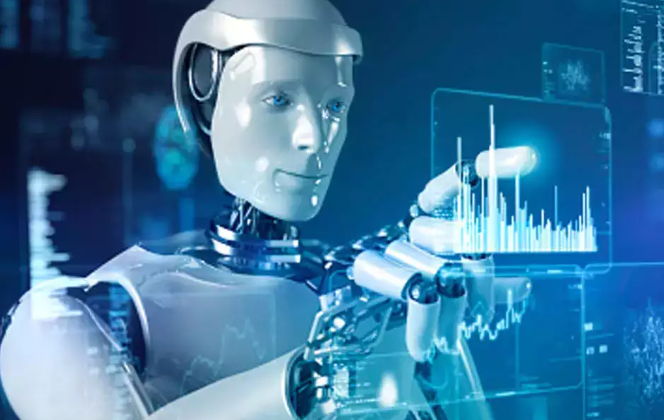
The world has been buzzing with excitement and anxiety as ChatGPT and other artificial intelligence tools have gained prominence. On one hand, people are thrilled about the incredible possibilities these breakthrough technologies offer. On the other hand, there’s growing concern about the potential job displacements they may cause. While some jobs are at risk of being taken over by AI, others seem to remain firmly in the domain of human expertise.
According to the Organisation for Economic Co-operation and Development, around 27% of all jobs could be automated using AI systems due to their reliance on automatable skills. While blue-collar jobs have already experienced the impact of robotic tools, AI systems now pose a similar threat to white-collar professions. Lawyers, economists, writers, administrative staff, and others could be affected.
Interestingly, there is one industry where humans are likely to maintain their edge over robots, at least for now – religion. Although referring to religion as an “industry” might seem unconventional, it heavily relies on human involvement for its functioning. From priests and preachers to various religious roles, the consistent efforts of people sustain and propagate religious beliefs and practices.
While AI and robot preachers present innovative ways of disseminating religious teachings, a study published in the Journal of Experimental Psychology revealed that they may erode the credibility of religious groups that rely on them and lead to reduced donations.
For instance, the Mindar humanoid robot at the Kodai-Ji Buddhist temple in Kyoto delivers 25-minute sermons on Buddhist philosophy, accompanied by a light and sound show. However, the study found that this robot preacher may actually reduce donations to the temple as participants perceived it to be less credible compared to human priests.
Similar results were observed in a Taoist temple in Singapore, where a humanoid robot named Pepper also faced credibility issues and inspired smaller donations compared to a human priest. Even in a Christian context, participants were less likely to find a sermon credible if they believed it was generated by an advanced AI program rather than written by a human preacher.
The research conducted during the rise of ChatGPT indicated that people feel less committed to their religious identity and place of worship when sermons are composed by large language models. This suggests that preachers who use AI-generated content may alienate their congregants, unless they manage to keep the AI’s role a secret.
While some believed that Buddhism might be more accepting of robotic preachers due to its empirical nature, the study revealed otherwise. It indicated that the impact of robots and AI on religious commitment extends beyond Buddhism, potentially affecting other religions like Hinduism and Islam as well.
The introduction of robots like Mindar at the Kodai-Ji temple aimed to attract younger people back to religion. However, the study raises a dilemma for places of worship in the future – whether to adopt robots and AI preachers to engage the youth while risking reduced commitment among their followers. Religious elites like priests and preachers serve as cultural models who embody and legitimize the teachings of their faith, potentially playing a crucial role in maintaining high levels of commitment from their followers. As it stands, robots and AI might not be able to fill this vital role effectively.
